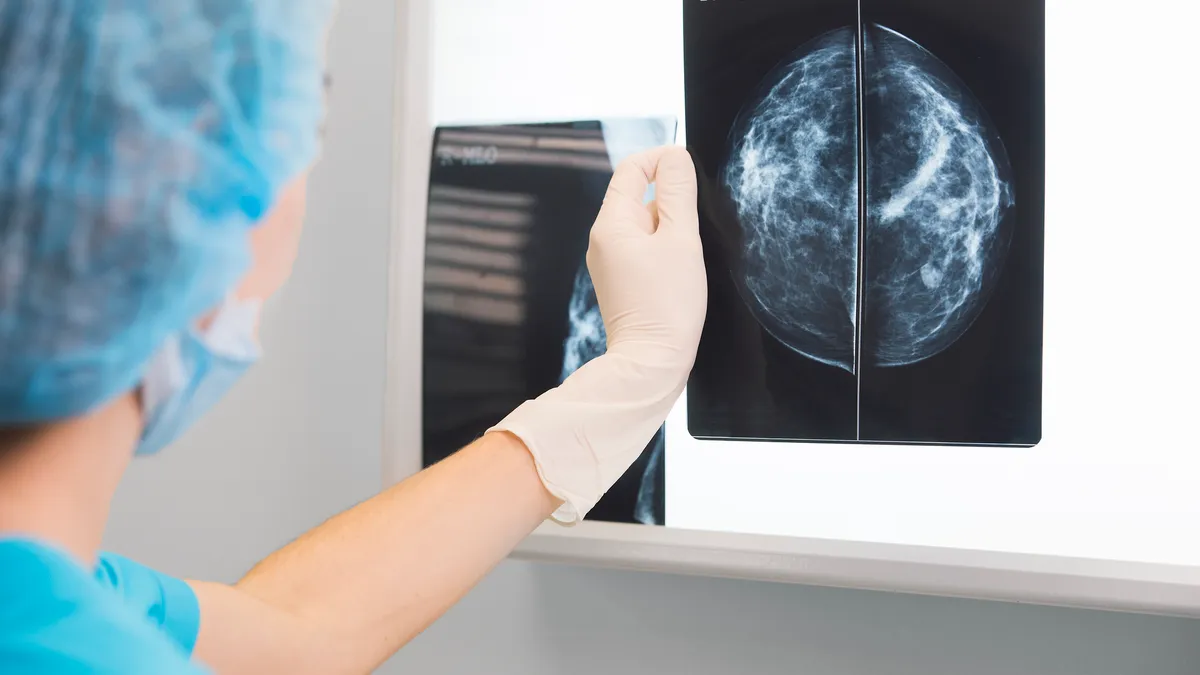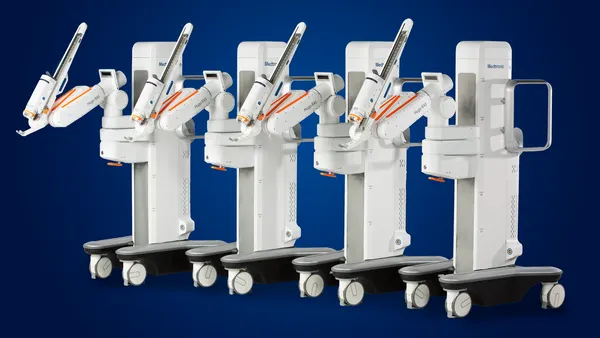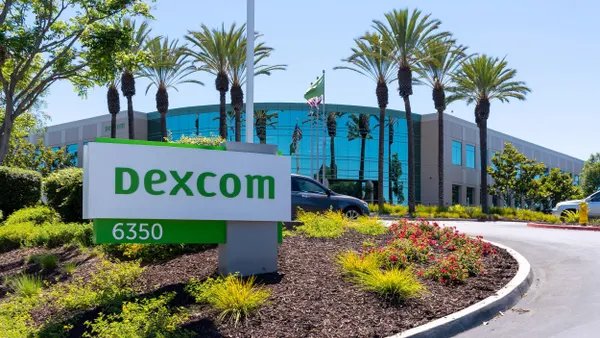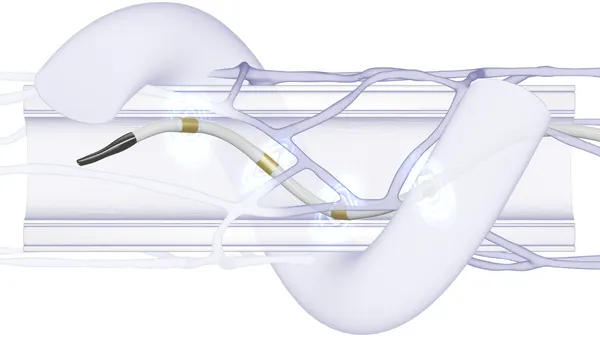The Food and Drug Administration has authorized the first artificial intelligence tool to predict patients’ five-year breast cancer risk from a routine mammogram.
Boston-based startup Clairity developed the tool, called Clairity Breast. The company plans to launch the risk assessment feature by the end of the year, according to a Monday announcement.
“We're doing something radically different than what I've done my whole career in the area of computer-aided detection and diagnosis of breast cancer,” Connie Lehman, founder of Clairity and a diagnostic radiologist at Mass General Brigham, said in an interview.
AI has been used to detect breast cancer for decades; the first computer-aided detection system for breast cancer was approved in 1998, Lehman said. However, most of these tools are used to detect cancer, not predict future risk.
“What we’re doing here is doing something humans can’t do,” Lehman said. “It’s extracting subtle cues in the mammogram that the human eye can’t see, the human brain can’t process.”
About 2.3 million new cases of breast cancer were diagnosed worldwide in 2022, according to the latest data from the World Health Organization. Current risk models factor in age and family history, but most people diagnosed have no family history.
Lehman, who has focused most of her career on better ways to detect breast cancer early, expects the new approach will “expand the net out to more women who truly are at high risk, and until now we haven’t been able to identify.”
Clairity Breast was developed using Hologic’s 2D screening mammography systems. It would be used as part of a patient’s routine mammogram.
The company was careful to train its AI models on a diverse group of patients, Lehman said, as historically, breast cancer risk prediction models were built on data from predominantly white women.
Clairity plans to launch the predictive tool starting with select centers and expanding access later this year, Lehman said. The company last year hired Jeffrey Luber as CEO to help lead the market launch. Luber is the former CEO of testing firms Binx Health and Exact Sciences.
Clairity received a $1 million investment from the Breast Cancer Research Foundation in January.













